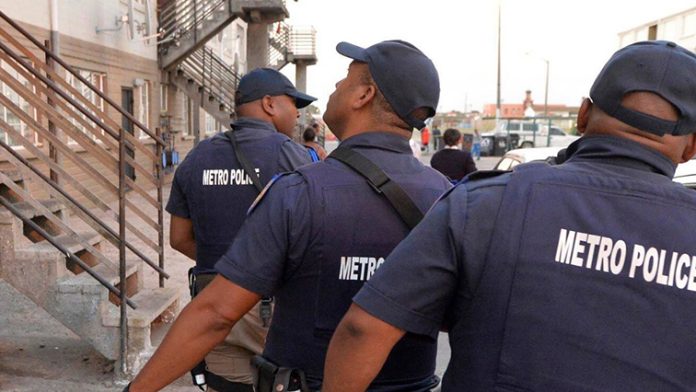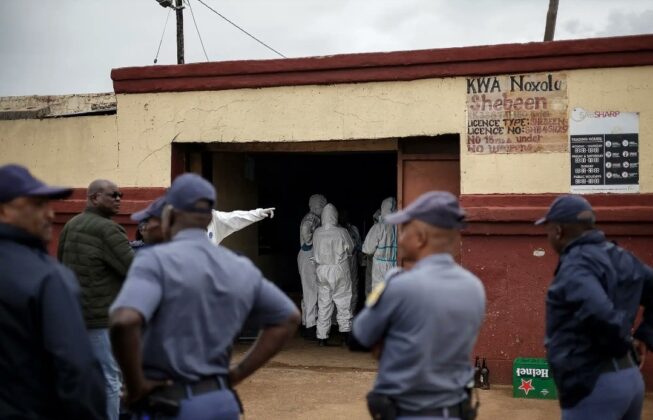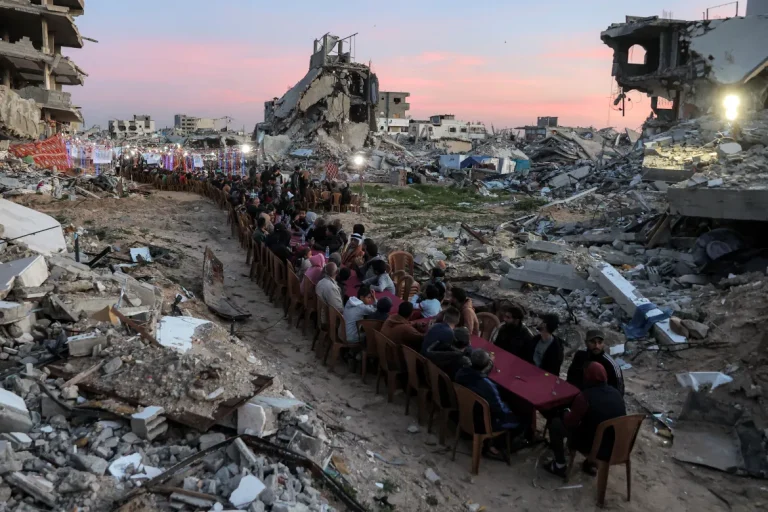
Source image: SABC News
(The Post News)- The City of Cape Town’s Safety and Security Portfolio Committee has passed a motion asking for specific policing powers to be handed over from the national government to the city.
The Chairperson of the Safety and Security Portfolio Committee, Mzwakhe Nqavashe, says the city has invested into special police teams like the Metro Police Gang and Drug Task Team. They’ve also added more officers through the Law Enforcement Advancement Plan (LEAP) and are using new technology like CCTV cameras, gunshot detectors, and drones. He says these steps are important to help keep people safe.
The plan, which will now go to the next full council meeting, aims to give the city powers that are usually held by the South African Police Service (SAPS). These include the ability to investigate crimes, collect crime intelligence, and carry out ballistic testing.
This push to shift some policing powers to the city isn’t new. City officials have been asking for this for years, saying that red tape and resistance from national government are limiting what metro police and local law enforcement can do. Until now, the Police Ministry has rejected these efforts and refused to hand over any formal powers.
But Mzwakhe Nqavashe, Chair of the City’s Safety and Security Portfolio Committee, says this time the city is not willing to take no for an answer.
“All we’re seeing are delay tactics, we’re not being given any valid reason why the city can’t take on these powers. We’re not replacing SAPS; we’re offering support to combat crime more effectively” said Nqavashe.
The call comes as Cape Town continues to struggle with high crime levels, which remain among the highest in the country. In the latest crime statistics report, the Western Cape appeared repeatedly in national rankings for murder, gang violence, and drug-related crimes.
Many residents have become increasingly frustrated with gaps in policing, especially in gang-affected areas like Manenberg, Hanover Park, and Mitchells Plain. In these communities, local policing forums and civil society groups have also spoken out, calling for law enforcement to be more effective, more responsive, and more connected to the communities they serve.
If the plan succeed, Cape Town would be the first city in South Africa to have official powers to investigate crimes and gather intelligence at the local level. Some people worry this could cause problems.
But supporters say it’s time for cities to have more control over keeping their communities safe, especially when the national police seem too busy or don’t fully understand local needs.
Political experts think the Western Cape’s DA-led government might be using this chance to ask for more control in other areas too, like transport and energy.
Police Minister Senzo Mchunu has not spoken about the latest news.



